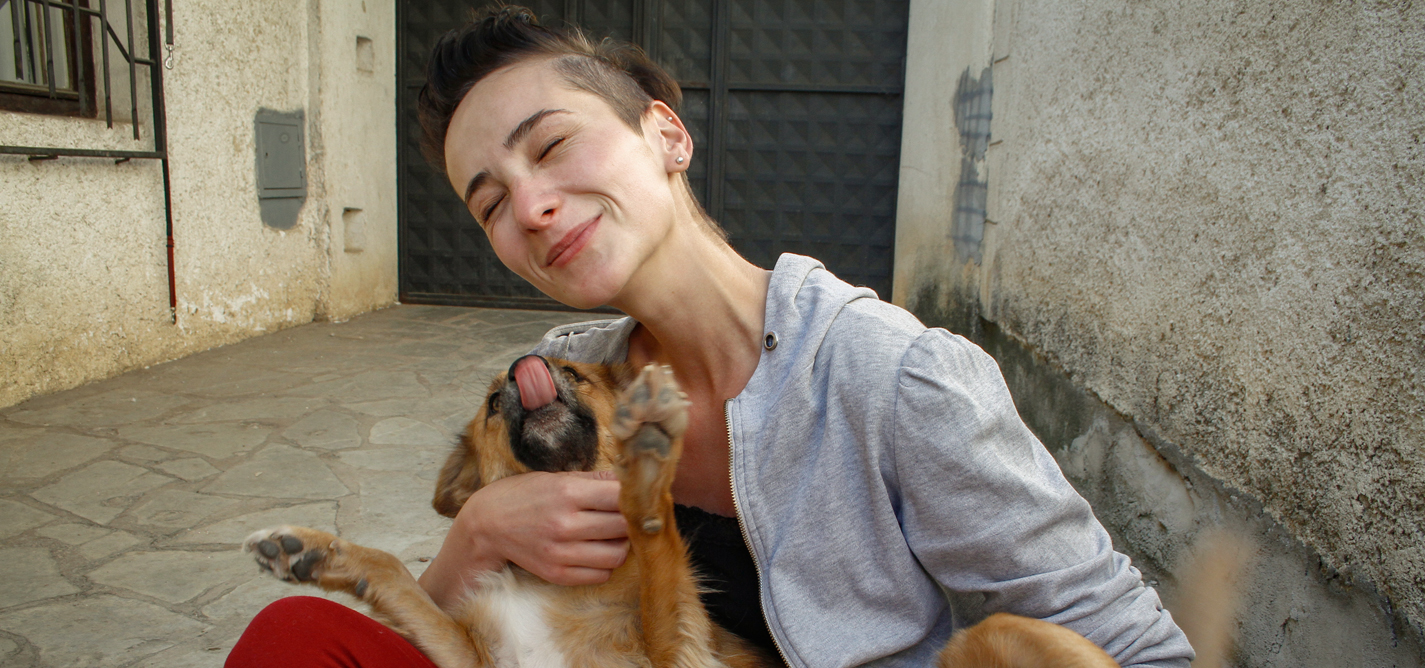
A Kosovar dog, operated on in Serbia
Helping animals in need is a sign of an empathetic society.
There are numerous stories that are clear indicators of a compassionate sun finally rising for animals in Kosovo.
Helping animals is just as noble as helping children.

Valmir Mehmetaj
Valmir Mehmetaj is a journalist who has previously worked in TV journalism and as a staff writer at Kosovo 2.0. Valmir studied communication sciences at the South East European University in Tetovo, Macedonia. He believes deeply in constant learning and forming original thoughts, and mainly writes about cultural and social issues.
This story was originally written in English.